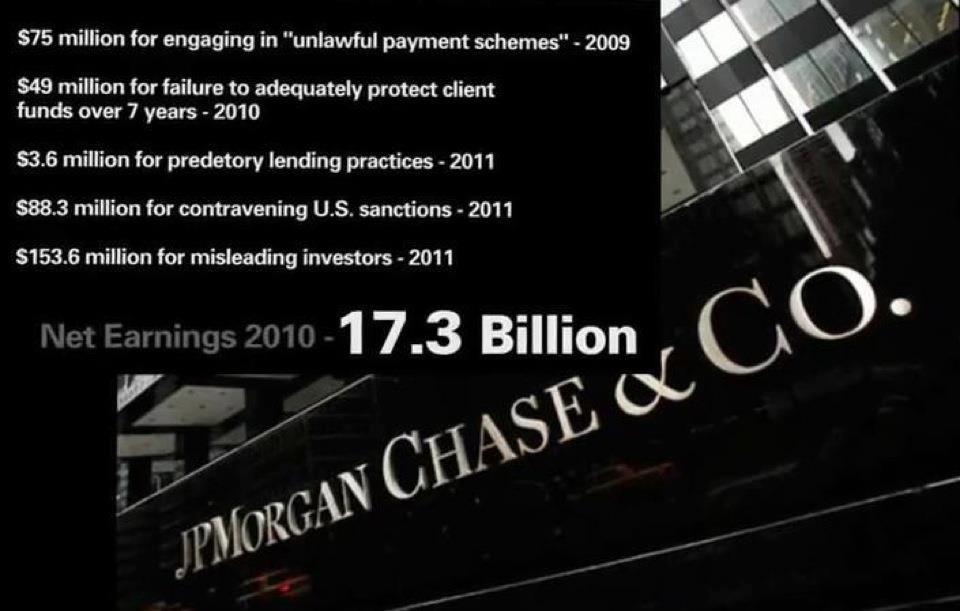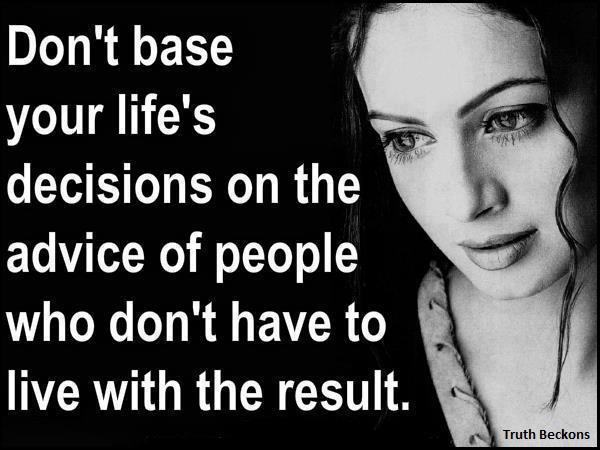5501
Developer's Corner / Re: Ethics and Responsibility Question
« Last post by Renegade on June 19, 2012, 08:56 PM »I don't think that you're really asking a question about professional ethics. The question seems broader than that to me.

But practically, would reporting lead to a prosecution? It's second-hand information, so, that's debatable. It might be an idea for the hypothetical consultant to have a hypothetical conversation with the district (or crown) prosecutor.
It would be easier for the prosecutor to take things forward if they had some kind of evidence (files, etc.) drop into their laps, even if it were from an anonymous source. But they really do need something to start taking action.
The reality is that illegal activity is par for the course in business now because it's just a cost of business. If you can make more money than you'll get fined, then it's "ok". e.g. Vioxx made $12 billion, but incurred fines and penalties of almost $1 billion, making the almost 30,000 deaths that it caused well worth it.
I suppose that the question is whether or the hypothetical consultant believes that he/she can make a difference. If yes, then there's a pretty compelling moral/ethical case to do something.
However...

Graphic: Ethics? In a financial institution?
Longer explanation of fraud in finance...
I have a rather long series on the topic of fractional reserve banking that illustrates exactly how and why it is fraud.
http://cynic.me/2012...-reserve-banking-1-6
http://cynic.me/2012...ve-what-is-money-2-6
http://cynic.me/2012...it-is-fraudulent-3-6
http://cynic.me/2012...un-on-the-people-4-6
http://cynic.me/2012...nvisible-slavery-5-6
http://cynic.me/2012...tional-resources-6-6
Part 3 has the "punch".
So, it's pretty much a given that they are criminal enterprises that have managed to make their crimes "legal".
How could it be any wonder that they're involved in criminal activity elsewhere? They're corrupt from the get go.
http://cynic.me/2012...-reserve-banking-1-6
http://cynic.me/2012...ve-what-is-money-2-6
http://cynic.me/2012...it-is-fraudulent-3-6
http://cynic.me/2012...un-on-the-people-4-6
http://cynic.me/2012...nvisible-slavery-5-6
http://cynic.me/2012...tional-resources-6-6
Part 3 has the "punch".
So, it's pretty much a given that they are criminal enterprises that have managed to make their crimes "legal".
How could it be any wonder that they're involved in criminal activity elsewhere? They're corrupt from the get go.
But practically, would reporting lead to a prosecution? It's second-hand information, so, that's debatable. It might be an idea for the hypothetical consultant to have a hypothetical conversation with the district (or crown) prosecutor.
It would be easier for the prosecutor to take things forward if they had some kind of evidence (files, etc.) drop into their laps, even if it were from an anonymous source. But they really do need something to start taking action.
The reality is that illegal activity is par for the course in business now because it's just a cost of business. If you can make more money than you'll get fined, then it's "ok". e.g. Vioxx made $12 billion, but incurred fines and penalties of almost $1 billion, making the almost 30,000 deaths that it caused well worth it.

I suppose that the question is whether or the hypothetical consultant believes that he/she can make a difference. If yes, then there's a pretty compelling moral/ethical case to do something.
"When bad men combine, the good must associate; else they will fall one by one, an unpitied sacrifice in a contemptible struggle."
Commonly: All that is necessary for the triumph of evil is that good men do nothing.-Edmund Burke
An error does not become truth by reason of multiplied propagation, nor does truth become error because nobody sees it.-Mahatma Gandhi
However...
Motivational graphic

 Recent Posts
Recent Posts (As I'm the first to need it...)
(As I'm the first to need it...)




